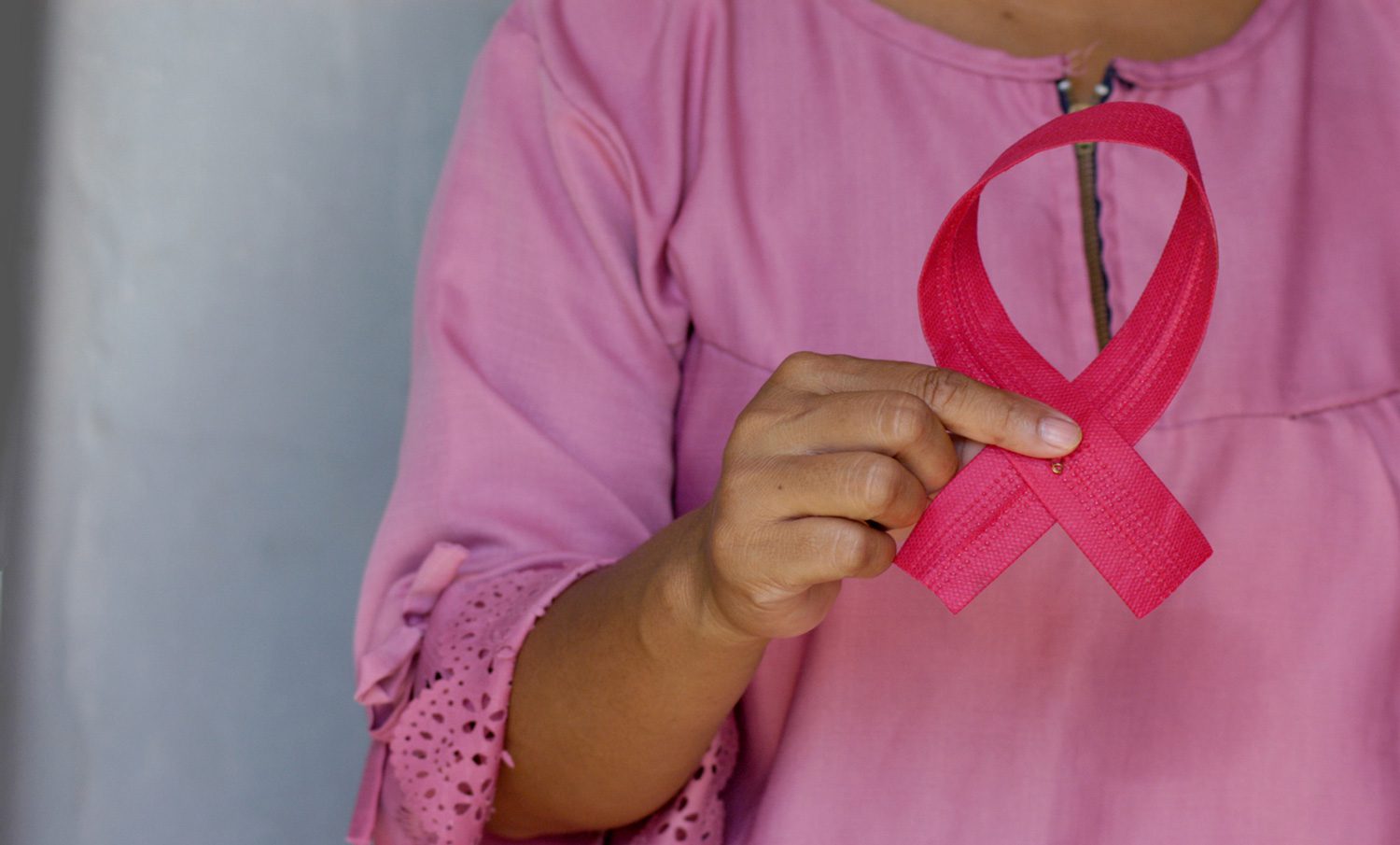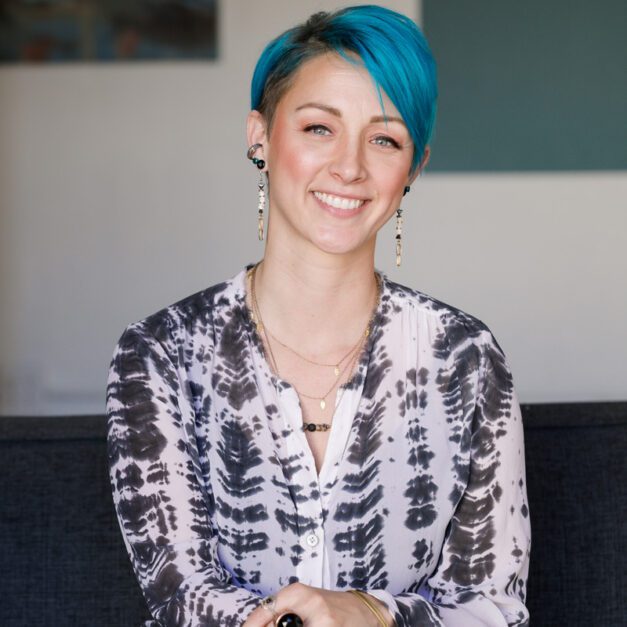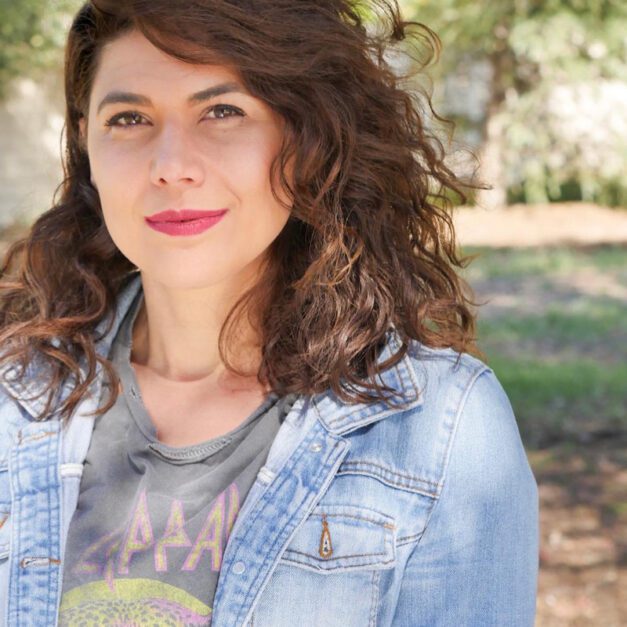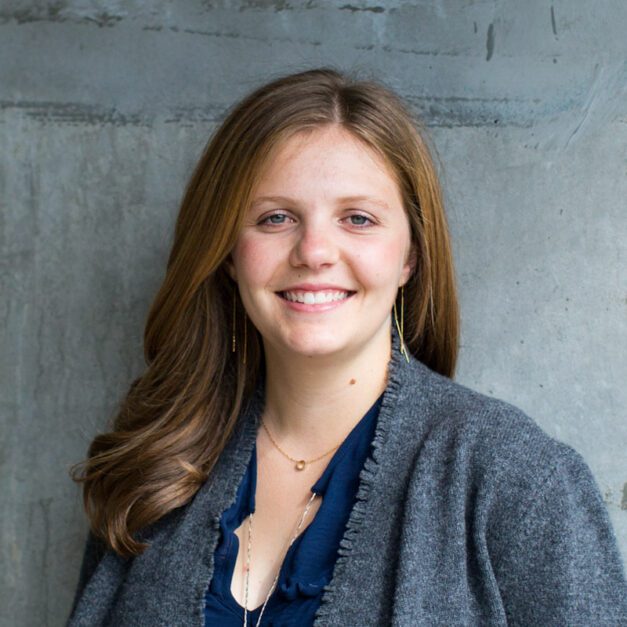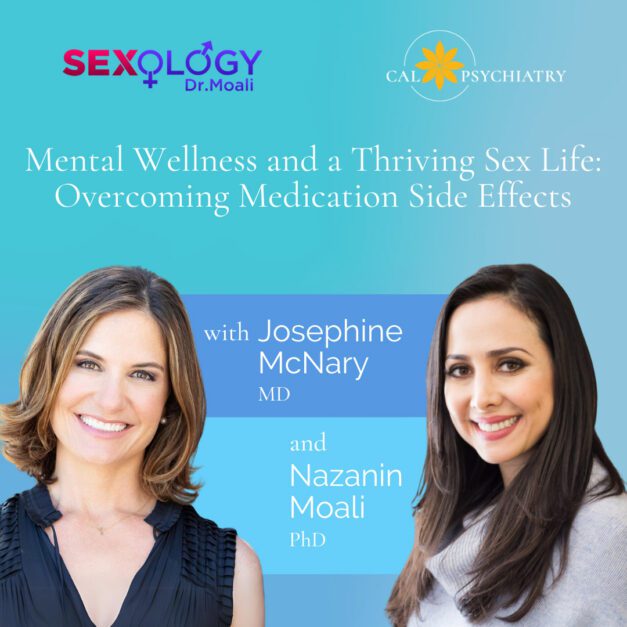The effects of cancer are far more than physical. For a large number of cancer survivors, mental health struggles like severe anxiety and depression can make acclimating to “normal” life again difficult. Being cognizant of these mental health concerns and encouraging patients to seek help is paramount.
Cancer. The word itself rolls harsh off the tongue. It conjures up so many feelings for people. One would be hard-pressed to find someone who hasn’t been touched by cancer in some way or another. We all have a family member, a friend, or mentor who was diagnosed with some form of the disease. But for some, cancer is or has been a personal battle. The National Cancer Institute approximates that there are around 17 million cancer survivors in the US alone and statistical models project this to be around 26 million by 2040. Even after the physical effects of cancer may have dwindled, around 20% of patients may struggle with severe depression, anxiety, or PTSD.
In this article from CURE online, touted as the “flagship magazine and online resource” for cancer survivors and patients since 2002, several patients share their experiences with mental health struggles after their fight with cancer was over. Lauren Ghazal, a now 28-year old nurse practitioner PhD student, shares that when she was finished “focusing on what [she] needed to do to get through treatment” for her Hodgkin’s lymphoma, the mental health issues began. She recounts being told to “go live her life again” but feeling wholly unprepared to do so. Cancer survivors often experience extreme fatigue, loss of hair (which can affect their sense of self and body image), and lingering side effects from chemotherapy that often go unexplained. They can be deemed “difficult” if they bring up physical complaints to their primary doctors who may be too busy or unaware of specific post-cancer issues. All of this leaves a cancer survivor ripe for struggles with PTSD, depression, and anxiety. Moreover, some experience “survivor’s guilt,” a feeling of guilt that they have survived when others they know have died. Others begin to struggle with anxiety regarding their family members developing the disease (as in breast cancer which can be highly clustered in families).
What can we do to support our loved ones who have battled cancer or are going through it now? The most important thing to do is to check in with them and give them the space to feel heard. Understand that they may never be their “pre-cancer” selves and reassure them that this is ok. We can also encourage them to find some source of external support, whether it be an emotional support animal or cancer survivor groups. Meditation can also be a great tool for cancer survivors to practice, and there are several online apps that can help them to center themselves, focus on the present, and feel less anxious. But when these tips aren’t enough, it is always worth it to seek professional help in the form of a licensed therapist. In therapy, cancer survivors can discuss their lingering anxieties and develop coping strategies to deal with the mental sequelae of the disease. If the mental health issues are severe enough, a consultation for medication may be indicated as well.
CalPsychiatry physicians take a special interest in helping patients with their post-cancer journey. We have several physicians who have a particular focus in psycho-oncology (the psychiatric subspecialty dealing with cancer and its mental health effects). Check out a recent podcast by our founder, Dr. Josephine McNary, and consult psychiatrist and CalPsychiatry physician, Dr. Beatrice Rabkin (Youtube) (Apple podcasts).
We are here to help you take control of your life wherever you may be on your cancer journey. Whether you are in the throes of treatment or adjusting to life in recovery, speak with one of our physicians today.

